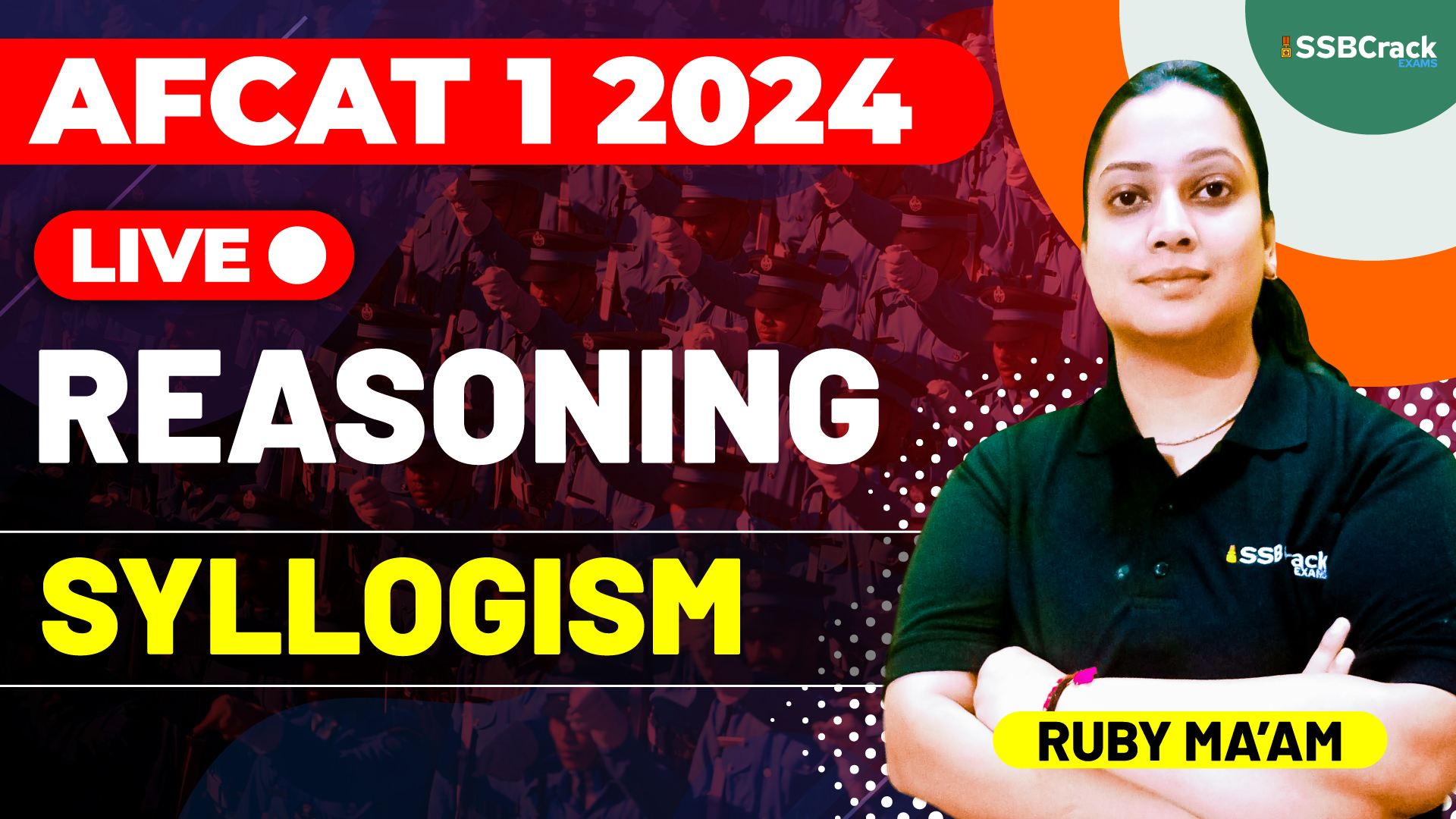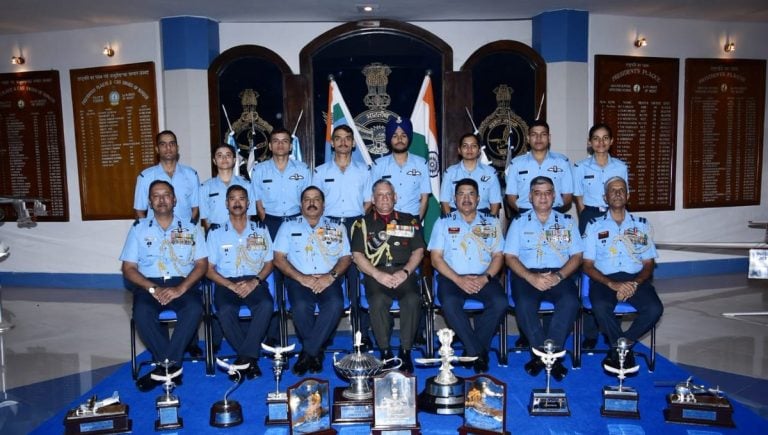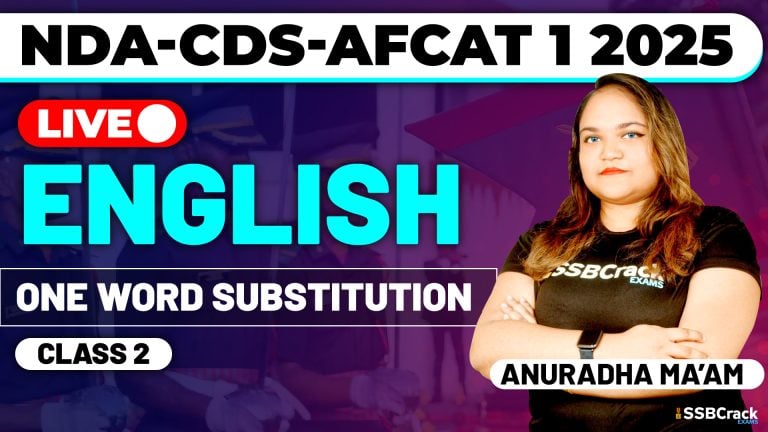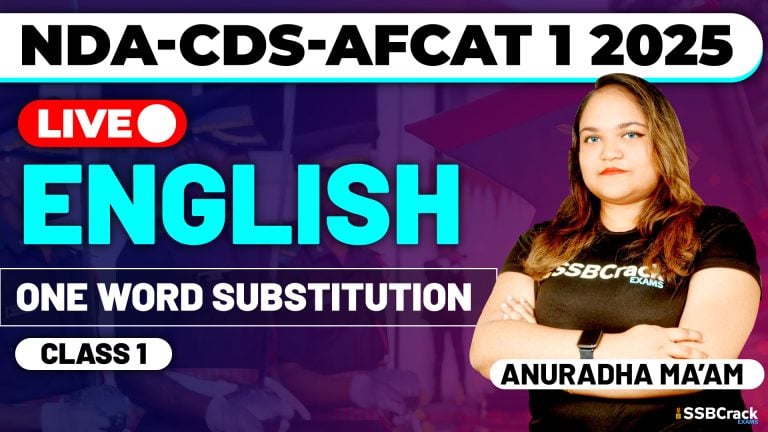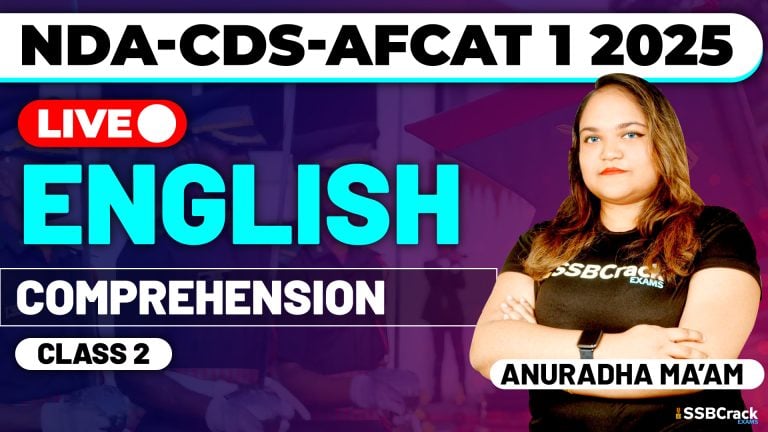The Air Force Common Admission Test (AFCAT) is a highly competitive examination that assesses candidates aspiring to join the Indian Air Force as officers in various branches. To crack this challenging exam, aspirants need to equip themselves with a diverse set of skills, one of which is mastering the art of syllogism. Syllogism is a logical reasoning topic that holds considerable importance in the AFCAT exam. In this article, we will delve into the significance of syllogism and provide insights on how to tackle this section effectively.
Syllogism
Understanding Syllogism:
Syllogism is a form of reasoning where a conclusion is drawn from two given or assumed propositions (premises). Each premise shares a common term with the conclusion, creating a logical relationship. In the context of AFCAT, syllogism questions typically involve statements related to air force scenarios, mission strategies, or officer qualities.
Importance of Syllogism in AFCAT:
- Analytical Skills Evaluation: Syllogism questions assess your ability to analyze information, discern relationships between statements, and draw logical conclusions. This is crucial for an Air Force officer who must make quick, accurate decisions in complex situations.
- Problem-Solving Abilities: Syllogism questions often require candidates to identify valid conclusions based on the given premises. This mirrors the real-world challenges officers face, where quick and effective problem-solving skills are essential.
- Logical Reasoning Proficiency: AFCAT tests candidates on their logical reasoning abilities, and syllogism is an integral part of this evaluation. Success in this section demonstrates your capacity to think logically and make sound judgments.
- Time Management: The AFCAT exam is time-bound, and efficiency is key. Syllogism questions, when approached strategically, can be solved quickly. Mastering syllogism aids in better time management during the exam.
Tips for Mastering Syllogism in AFCAT:
- Understand the Basics: Familiarize yourself with the basic concepts of syllogism, including terms like ‘all,’ ‘some,’ and ‘no.’ Practice breaking down statements into simple syllogistic forms.
- Venn Diagrams: Utilize Venn diagrams to visually represent relationships between different elements. This can simplify complex syllogistic statements and help you arrive at accurate conclusions.
- Practice Regularly: Consistent practice is essential for mastering syllogism. Solve a variety of syllogism problems to expose yourself to different scenarios and sharpen your analytical skills.
- Identify Keywords: Pay attention to keywords in the statements that indicate the nature of the relationship between elements. Understanding these keywords will guide you in deriving the correct conclusions.
- Elimination Technique: If uncertain, use the elimination technique. Eliminate options that do not logically follow from the given premises, increasing your chances of selecting the correct answer.
Conclusion:
In the competitive realm of AFCAT, every section of the exam holds significance. Syllogism, being a subset of logical reasoning, plays a vital role in evaluating a candidate’s cognitive abilities. By mastering the art of syllogism, aspirants not only enhance their chances of success in the AFCAT exam but also develop crucial analytical and decision-making skills that are integral to a career in the Indian Air Force. Dedicate time to practice, understand the fundamentals, and approach syllogism questions strategically to emerge as a well-rounded AFCAT aspirant.

